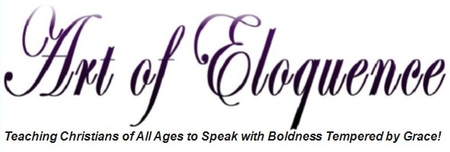April 1st has come and gone this year, but its lessons are timeless. How we communicate with each other is vital to our relationships. Real communication and just talking is the difference between explaining something precious and alienating a friend. Communication is the glue that holds a relationship together.
Don't be an April Fool in your relationships! Here are some of my latest Visual JoJoisms as reminders of the ways we can be an April Fool talking at people instead of communicating with them.
Technology doesn't do the communicating for you. It makes communication easier by giving you tools to do so over thousands of miles, but it takes a conscious effort and skillful technique to communicate in a way that the audience will understand and not be put off.

The more technology helps us communicate, the more we need to understand the skills needed to make sure that the impersonal, faceless technology isn't suffering in the translation. We may communicate more often with technology, but we don't necessarily communicate more effectively.

Opening your mouth doesn't guarantee you an open ear or a willing heart. People tend not to listen when they feel offended. How we communicate is often even more important than what we say or over which technological device we say it.

You may have the right to speak, but that doesn't mean anyone will listen. Free speech guarantees us the right to voice our opinions. It doesn't give us license to attack another's beliefs. Our right to speak our mind also doesn't guarantee us that our listener will be persuaded to agree with us. That part is our responsibility and it's in the "how" not the "what." How something is said makes all the difference in persuasion. Kindness and grace goes a long way.

It's not always a good thing to be bold. Standing up for our rights and for what is right is one thing. Shouting at them is quite another. Personal attacks are not persuasive, but it is a common way in which society tries to communicate.

Just because you say you meant no offense, doesn't mean they won't take offense. Usually, when someone begins a sentence with "No offense, but..." there is an offending remark about to be stated.

Getting into an argument is much easier than getting out of one. It's often quite easy to offend someone, but just like with a broken bone that took a split second to damage, so a wounded heart is to heal after an unkind word is spoken.

If you don't understand that it's your job to make your message understood, you are doomed to create misunderstanding and confusion. A confused mind will not act. It will simply dismiss the thought and move on.

How have you noticed these truths? Share your story.
